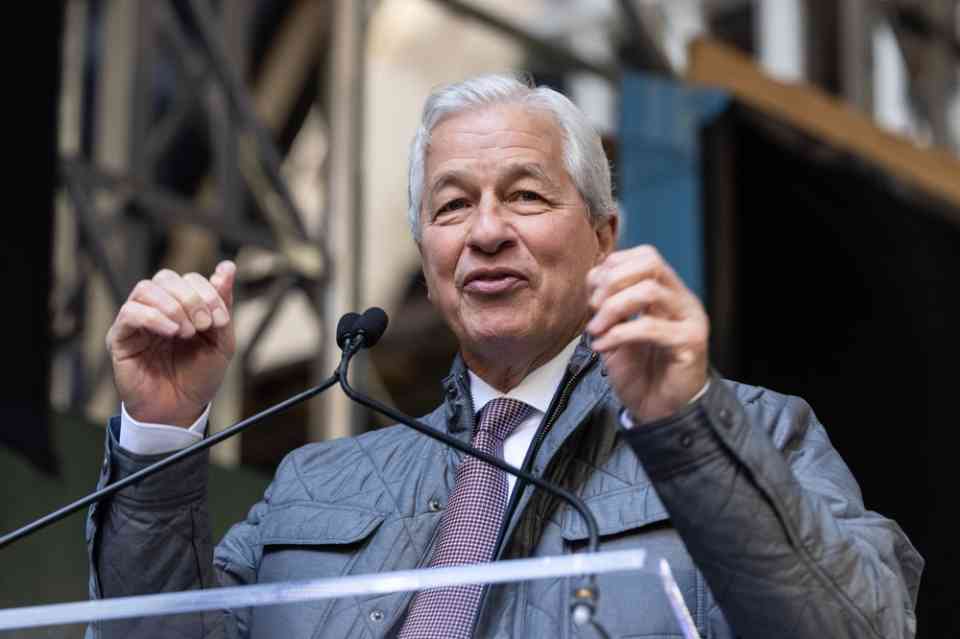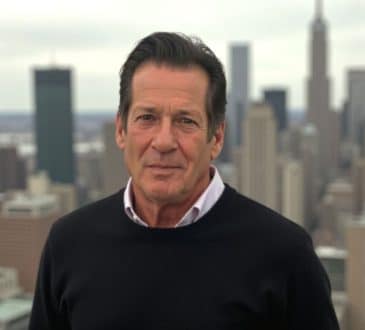JP Morgan Chase CEO Jamie Dimon on India’s Path to Becoming a $7 Trillion Economy by 2030

JP Morgan Chase CEO Jamie Dimon predicted that India is on track to become a $7 trillion economy by 2030, citing the country’s robust digital and physical infrastructure that continues to attract multinational corporations. Dimon credited Prime Minister Narendra Modi’s leadership for positioning India as a key global player, sharing these views during JP Morgan’s annual investor summit in Mumbai on September 23.
At the event, Dimon also highlighted the critical role of geopolitics in shaping the global economy. He noted the ongoing conflicts in Ukraine and Lebanon as significant factors, alongside broader international tensions. In remarks made to the media, Dimon suggested that the U.S. Federal Reserve’s recent half-percentage point rate cut was likely the appropriate move by the central bank, given the current economic landscape.
Reflecting on India’s economic trajectory, Dimon pointed to the nation’s remarkable progress since his first visit in 2005. He observed that significant advancements, including digital platforms like Aadhaar, expanded banking services, GST reforms, and regulatory easing, have made the country increasingly attractive for foreign investment. Dimon believed these developments, along with continued strong leadership, would propel India toward its $7 trillion goal.
Recalling his early experiences in India, Dimon mentioned that JP Morgan’s research efforts initially focused on a handful of companies. Today, the bank analyzes nearly 140 firms, contributing valuable insights to global investors about Indian businesses. He further shared that JP Morgan currently supports 850 multinational companies in India and employs approximately 55,000 staff in its corporate center to aid its global operations and technology.
Dimon also commented on the growing uncertainties facing the world, emphasizing the importance of geopolitics over interest rates in countries like Japan and the U.S. He warned of potential disruptions in global energy supplies, pointing out that although there is currently an abundance of oil and gas, geopolitical instability could lead to an undersupply within the next couple of years.
He mentioned that Europe’s energy supply chain had already shifted due to the war in Ukraine, underscoring the need for secure, reliable, and affordable energy. Dimon stressed that the situation in Ukraine serves as a crucial lesson in energy security, with the possibility of future shortages looming.
Addressing the impact of the upcoming U.S. elections on foreign policy, Dimon predicted that, despite any leadership changes, the country’s stance on Israel is unlikely to shift. He suggested that America’s foreign policy in the region would remain consistent, even amid ongoing geopolitical tensions.
Have you read?
The Top 100 Highest-paid CEOs in America.
Countries With Lowest Rate of Economic Growth in 5 Years.
Countries Most in Debt to China.
Most Attractive Cities for Global Talent.
Largest economies in the world by Share of Global GDP.
Bring the best of the CEOWORLD magazine's global journalism to audiences in the United States and around the world. - Add CEOWORLD magazine to your Google News feed.
Follow CEOWORLD magazine headlines on: Google News, LinkedIn, Twitter, and Facebook.
Copyright 2025 The CEOWORLD magazine. All rights reserved. This material (and any extract from it) must not be copied, redistributed or placed on any website, without CEOWORLD magazine' prior written consent. For media queries, please contact: info@ceoworld.biz








